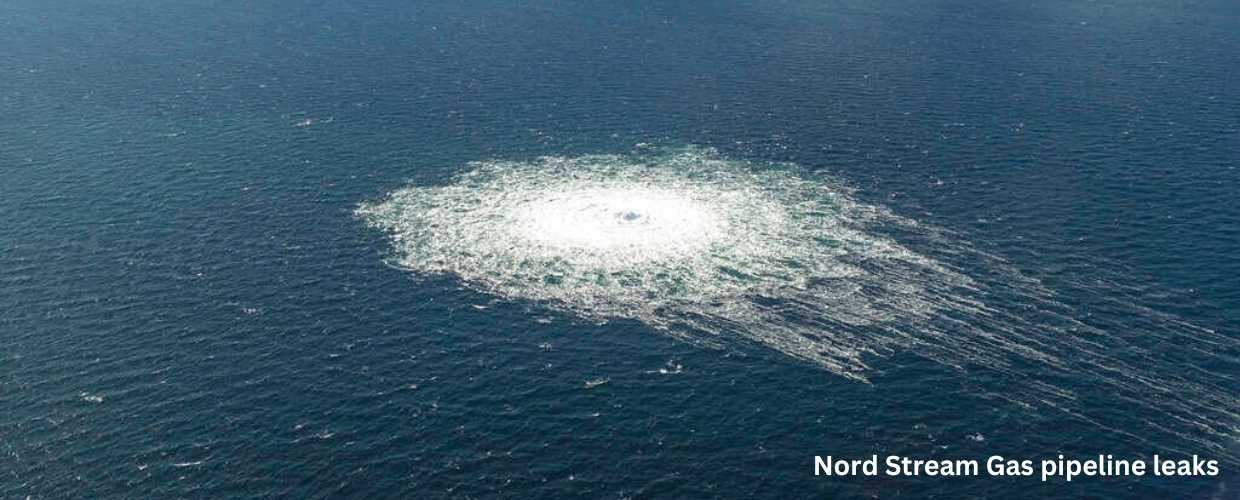Natural gas has long been promoted as a more environmentally friendly alternative to coal due to its lower carbon dioxide emissions during power generation. However, a recent peer-reviewed study published in Environmental Research Letters suggests that when considering the full impact of methane emissions—a potent greenhouse gas—associated with the natural gas industry, it may contribute as much to climate change as coal does.
Methane is the primary component of natural gas and has a considerably higher global warming potential than carbon dioxide. The analysis emphasizes that even minor methane leakage from gas wells, production facilities, and pipelines can elevate the industry’s emissions to par with coal. Deborah Gordon, a study’s co-author and senior principal at RMI (formerly Rocky Mountain Institute), explained, “This analysis compares gas and coal at varying methane leakage rates. We find that very small methane leakage rates from gas systems rival coal’s greenhouse gas emissions.”
The researchers factored in methane leakages as low as 0.2% in the gas production and supply system, highlighting recent surveys that reported leak rates ranging from 0.65% to a startling 66.2%. The study encompassed all gas and coal production stages, considering even the counterintuitive effect of sulfur dioxide emissions from burning coal, which reflects sunlight and slightly reduces warming. This study poses a significant challenge to the natural gas industry, which has positioned itself as part of the climate change solution, contributing to a 35% reduction in carbon dioxide emissions from power plants in the U.S. since 2005 by the shift largely from coal to gas.
While the natural gas and oil industry have tried to reduce methane emissions through innovative technology, the study underscores the urgent need for nearly eliminating methane leaks to maintain a climate advantage over coal. Critics and environmental groups argue that methane emissions are undercounted by the Environmental Protection Agency, prompting their initiatives to detect and address leaks using advanced technology, including powerful satellites.
Mitigating both methane and carbon dioxide emissions is imperative to combat the adverse impacts of climate change, emphasizing the necessity of substantial efforts to minimize methane leaks from the natural gas industry and ensure a sustainable energy future.












